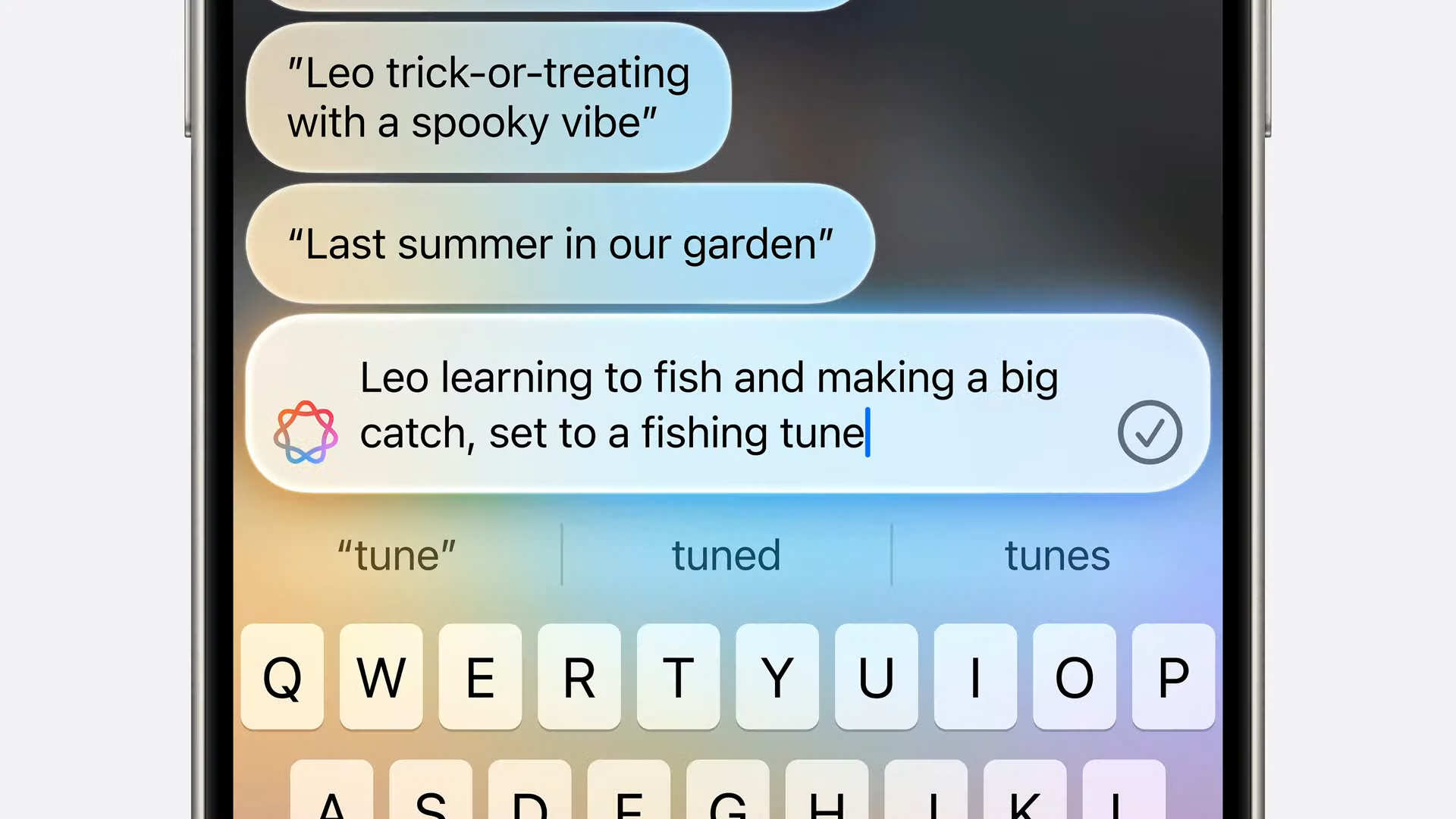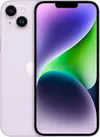Apple's integration with ChatGPT is just the beginning — Google Gemini is coming and maybe an AI App Store
Which AI chatbot would you use?

Here at Tom’s Guide our expert editors are committed to bringing you the best news, reviews and guides to help you stay informed and ahead of the curve!
You are now subscribed
Your newsletter sign-up was successful
Want to add more newsletters?

Daily (Mon-Sun)
Tom's Guide Daily
Sign up to get the latest updates on all of your favorite content! From cutting-edge tech news and the hottest streaming buzz to unbeatable deals on the best products and in-depth reviews, we’ve got you covered.

Weekly on Thursday
Tom's AI Guide
Be AI savvy with your weekly newsletter summing up all the biggest AI news you need to know. Plus, analysis from our AI editor and tips on how to use the latest AI tools!

Weekly on Friday
Tom's iGuide
Unlock the vast world of Apple news straight to your inbox. With coverage on everything from exciting product launches to essential software updates, this is your go-to source for the latest updates on all the best Apple content.

Weekly on Monday
Tom's Streaming Guide
Our weekly newsletter is expertly crafted to immerse you in the world of streaming. Stay updated on the latest releases and our top recommendations across your favorite streaming platforms.
Join the club
Get full access to premium articles, exclusive features and a growing list of member rewards.
ChatGPT from OpenAI is about to become a bigger part of Apple’s ecosystem — but not as big of a part as some social media platform-owning tech billionaires might suggest.
Although there was early speculation that GPT-4o, the new flagship AI voice assistant coming soon to ChatGPT and Microsoft Copilot, might also power Siri, this is not the case. Instead, Siri’s brain comes from advanced local language models and secure cloud-based AI.
However, Apple has tightly integrated ChatGPT into the Apple Intelligence workflow on the iPhone, iPad and Mac. What this means is you’ll be able to send an idea off to ChatGPT if it's something the local models can’t handle themselves. It will be opt-in with a warning from Siri.
What this approach means is that in the future we could see ChatGPT as the default third-party chatbot but with the option to swap it out for your preferred model — such as Google Gemini.
Apple's legendary engineer and Senior VP of software engineering Craig Federighi — the man with the hair — even said Gemini would be available as an option in future.
So why change models?
Apple Intelligence will work on any phone with the A17 Pro or later (right now that is only the iPhone 15 Pro and Pro Max) and any Mac or iPad with the M1 or later. It won't work on Intel-based Macs or earlier iPhones.
Right now there are several things you can change or make a default on the iPhone or your Mac, including the browser, email client and music player — so why not the AI model?
One of the early rumors surrounding Apple’s approach to AI, long before Apple Intelligence was confirmed as the name, was that we’d see Apple launch a new AI Store. It wasn’t clear at the time what this meant and many assumed it would be a page in the App Store.
Get instant access to breaking news, the hottest reviews, great deals and helpful tips.
The number of chatbots powered by large language models, multimodal models or even vision models — as we're starting to see from OpenAI — has grown considerably over the last 18 months. You can see some of them on my list of the best alternatives to ChatGPT.
There are different personalities associated with different chatbots. For example, Elon Musk’s Grok is wonderfully honest, whereas Inflection’s Pi is kind and patient.
Some have functionalities that others don't such as a large context window or coding, and then some features are not necessarily widely supported but might be particularly useful for people in a specific sector or with different interests such as more precision and accuracy.
These would each provide additional value to the user experience that can’t be provided by the assistant-focused Siri running in a secure environment on your phone or private cloud.
What does Apple get out of this?
Siri will act as your personal assistant performing tasks on your behalf. It will be there to help you when you need it. Apple Intelligence will power things like simple summaries and rewriting clumsy phrasing — then you'll be able to pick your choice of chatbot to handle the rest.
In one way this is a clever move for Apple because it offsets the potential risk of an EU antitrust case for the company to open up access to a range of different AI assistants
In one way this is a clever move for Apple because it offsets the potential risk of an EU antitrust case for the company to open up access to a range of different AI assistants in the same way that you can change your default assistant on Android.
Apple will also be able to take a share of the subscription revenue if you decide to sign up for the premium version of ChatGPT, Claude or Google Gemini. This store and ease of access to a range of AI models could also spur further developments from other companies.
Multiple leading AI providers like Mistral or xAI with Grok could make their bots accessible in this format. They just won't have the Deep integration with the system, but that is Siri’s job.
The other area to consider is that Apple will also make its own locally running models for text summary writing sentiment analysis and even image generation available to third-party developers so not only will there be an AI app store but the App Store will be more AI.
More from Tom's Guide
- How to watch WWDC 2024 live stream
- Siri 2.0 is about to make the Apple Watch the ultimate AI wearable — here’s how
- iOS 18 AI features — everything you need to know

Ryan Morrison, a stalwart in the realm of tech journalism, possesses a sterling track record that spans over two decades, though he'd much rather let his insightful articles on AI and technology speak for him than engage in this self-aggrandising exercise. As the former AI Editor for Tom's Guide, Ryan wields his vast industry experience with a mix of scepticism and enthusiasm, unpacking the complexities of AI in a way that could almost make you forget about the impending robot takeover.
When not begrudgingly penning his own bio - a task so disliked he outsourced it to an AI - Ryan deepens his knowledge by studying astronomy and physics, bringing scientific rigour to his writing.
 Club Benefits
Club Benefits






















